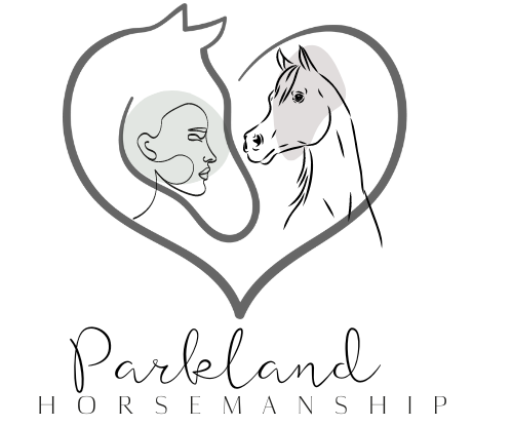Equine Assisted Learning (EAL) is an experiential learning process facilitated by mental health professionals and an intuitive equine partner (a horse) in a safe, non-threatening environment. EAL sessions enable participants to build trusting relationships while also deepening their own understanding of themselves and others.
Due to their large physical size, horses offer participants a powerful tool for building assertiveness and self-confidence, as well as developing their awareness of nonverbal communication and body language.
Improved Social Skills
Establishing relationships with horses provides children the chance to practice giving, nurturing and connecting with another being outside of their household. This experience helps children become less focused on self-defeating thoughts and negative emotions and more open-minded about caring for another non-human entity than what may otherwise happen at home.
As they are large physical beings, horses require respect from participants (58). Interacting with a horse also necessitates initiating and assertiveness skills, clear communication, direction and leadership – essential elements to healthy relationships.
Equine-assisted learning (EAL) has quickly gained in popularity among educators, therapists and researchers (31-32). One recent study demonstrated how at-risk youth who participated in an 11-week horse activity program showed increased levels of social responsiveness when compared to a waitlist control group – these improvements continued post program completion (56) The EAL approach also helped lower stress hormone levels among teens while increasing collaborative activities participation rates.
Better Self-Esteem
Equine-Assisted Learning (EAL) is an educational process where a trained facilitator facilitates participants’ interactions with horses in goal-focused activities. Therapeutic horsemanship skills gained through EAL sessions can help children, teenagers and adults gain independence and confidence – no prior horse experience needed!
One study discovered that perceived social support, self-esteem and general self-efficacy levels in an intervention group increased following a four month program involving interactions between an adolescent, an instructor and other peers on a farm with horses matched to each individual according to level of comfort and providing challenges that each could manage within their individual competence levels.
Children and adolescents working with horses are encouraged to focus on their own competence and mastery rather than compare themselves with others, which helps build self-acceptance while alleviating feelings of embarrassment or failure. Furthermore, they learn that progress is a journey and every step along the way is crucial.
Improved Self-Confidence
At EAA sessions, children work closely with instructors and volunteers who are supportive and patient; they’ll also interact with horses trained to respond positively to their commands.
This interaction will enable them to gain confidence and sharpen their communication skills, as they learn to interact in a positive, calm atmosphere and gain self-assurance when successfully completing tasks with their horse partner.
Instructors and horses will tailor the program to each participant so they can experience success in a safe environment. Horses provide challenges for adolescents to master at their own pace; thus increasing a sense of achievement for each participant.
Lenelle Lyon, owner of Brave Hearts Equine, has seen firsthand how horses and students can form an undeniable bond. Lyon recalls one story wherein an nonverbal student connected with one of her horses named Roanie by petting and grooming her; this caused Roanie’s parasympathetic nervous system to gradually slow her heart rate until they started moving in unison with one another – creating an unprecedented relationship between student and horse!
Improved Self-Awareness
Equine Assisted Learning promotes self-awareness through activities that require participants to interact with horses, often by completing challenges together and improving problem-solving abilities. Furthermore, interactions between these large animals encourage participants to pay closer attention to their body language which in turn provides greater awareness of behaviors they engage in and may reveal patterns which need altering.
Children learn the value of giving and nurturing as they engage in grooming activities with horses and care for the animals. Through such interactions, children form positive attachments outside of home and school that allow them to step away from focusing solely on themselves – their struggles, sadness, anxiety and other stressors that arise within.
Studies show that Equine-assisted learning (EAL) can significantly increase relationships, trust, communication skills, confidence and teamwork for youth considered at-risk. Equine therapy may even be covered by your insurance provider; check with your nursing case manager or physician to see if this option could work for you and your child/teen.

